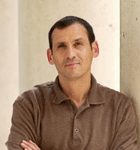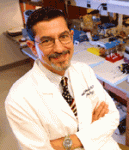We fund translational research to move knowledge as quickly as possible from basic discovery to treatment of patients.
Since 2002, LUNGevity has invested in 191 research projects at 69 institutions in 24 states and the District of Columbia focusing on early detection as well as more effective treatments of lung cancer.









